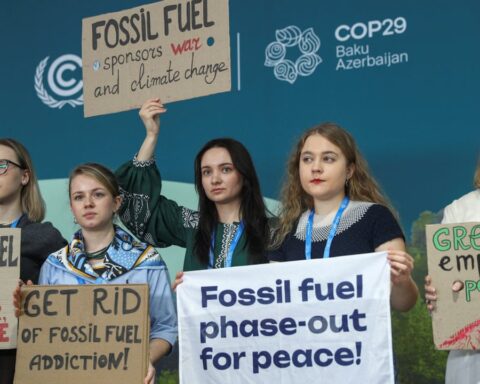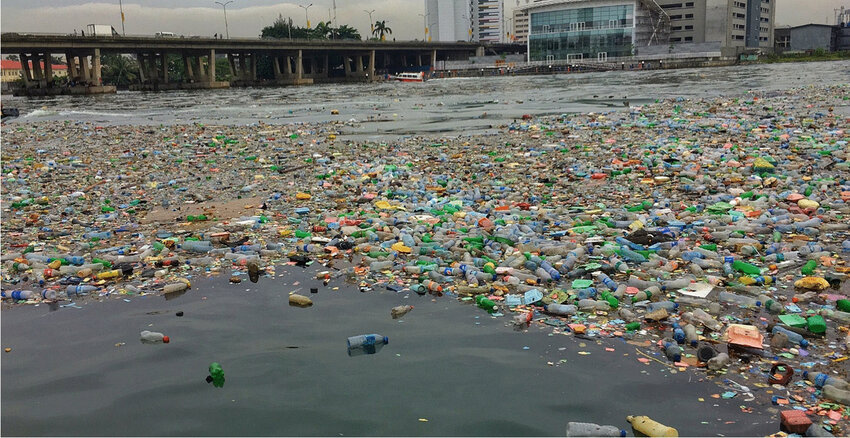In a historic move with global implications, the International Court of Justice (ICJ) has declared that failure by governments to act on climate change could constitute a violation of international law a decision hailed as a victory for frontline communities, especially in Africa and other vulnerable regions.
Issued on Wednesday, July 23, 2025, in response to a request led by the Republic of Vanuatu and supported by other small island developing states, the advisory opinion affirms that nations have binding legal obligations to current and future generations to mitigate climate change and protect the environment.
Though non-binding, the Court’s opinion carries substantial legal and political weight and may reshape global climate litigation, policy negotiations, and treaty obligations.
It explicitly states that greenhouse gas emissions are “unequivocally caused by human activities” and that governments must act in accordance with the best available science, particularly the goal of limiting global warming to 1.5°C, as outlined in the Paris Agreement.
The ICJ underscored that the climate system is a vital part of the environment that must be preserved not only for today’s population but for generations unborn.
The ruling makes it clear: climate inaction is incompatible with international legal duties and the world can no longer hide behind voluntary pledges or policy delays.
A Tool for Justice in a Broken System
This ruling, propelled by youth from the Pacific Islands and civil society allies globally, sends a powerful message to the world’s biggest polluters many of which are outside the Global South.
It also comes at a time when Africa faces intensified droughts, floods, food insecurity, and displacement due to a crisis it contributed the least to.
“This initiative was part of efforts to get the action quicker because we have been in the UNFCCC process for 30 years,” said Hon. Ralph Regenvanu, Vanuatu’s Minister for Climate Change. “We are pulling all international levers possible.
We are also part of the Fossil Fuel Non-Proliferation Treaty Initiative, where we’re trying everything to speed up action. Today has been a concrete contribution to that.”
For many African countries, this opinion could serve as a blueprint to demand climate justice particularly loss and damage financing and stronger commitments from high-emitting nations and corporations.
A Voice for the Vulnerable
African nations, often sidelined in global climate diplomacy, now find themselves armed with legal backing to demand accountability. Youth and civil society organisations have welcomed the decision as a major step toward rebalancing global climate responsibility.
Vishal Prashad, Director of Pacific Islands Students Fighting Climate Change, described the ruling as a “lifeline” for communities already suffering the impacts of the climate crisis.
“By affirming the science, the ICJ has mandated countries to urgently phase out fossil fuels because they are no longer tenable,” he said. “Today is historic for climate justice, and we are one step closer to realising it.”
Kumi Naidoo, President of the Fossil Fuel Non-Proliferation Treaty Initiative and former Amnesty International Secretary-General, added: “This opinion should serve as a clarion call to governments and institutions stalling the fossil fuel phaseout. The ICJ has affirmed what we have long known that states have a legal duty to protect people and the planet.”
Ecocide and the Expansion of Environmental Justice
The ruling also adds momentum to global efforts to codify ecocide large-scale environmental destruction as a crime under international law.
The International Criminal Court (ICC) began formal discussions last year to consider including ecocide in the Rome Statute, which would make heads of state, corporate executives, and other actors legally liable for environmental harm, including deforestation, oil spills, and pollution.
The ICJ opinion signals that international legal frameworks including the right to life, health, and a healthy environment are not aspirational, but binding obligations all states must uphold.
It aligns with a growing body of precedent, including last year’s European Court of Human Rights (ECHR) decision which ruled in favour of older Swiss women who sued their government over heatwave-related risks due to weak climate action.
Africa’s Opportunity
For African nations from flood-ravaged Sudan to drought-stricken Horn of Africa states the ICJ opinion offers not just a legal basis, but political leverage. It strengthens calls for increased adaptation finance, climate-resilient infrastructure, and technology transfer all of which remain elusive under current global frameworks.
With this opinion, African governments and communities now possess a moral and legal anchor in pushing for more than symbolic action from the Global North.
It also empowers local courts and policymakers to push back against fossil fuel expansion and poorly regulated extractive industries threatening Africa’s ecosystems.
What Happens Next?
While the advisory opinion doesn’t enforce penalties, it can shape how future climate treaties are negotiated and provide legal ammunition for climate-related lawsuits, both nationally and internationally.
It marks a turning point in international environmental law and for many climate-vulnerable nations in Africa, it could be the catalyst needed to shift the tide of global inaction.
As Kumi Naidoo aptly put it: “We applaud the Pacific states that made the voices of frontline communities and their calls for climate justice heard on the global stage.
This reinforces the urgent need for a Fossil Fuel Non-Proliferation Treaty, which offers a bold, clear path to turn these obligations into concrete, just action.”
The world now watches as leaders particularly from the world’s largest emitters decide whether to honour this legal warning or continue business as usual. One thing is clear: the age of climate impunity is closing, and the demand for accountability is rising from Port Harcourt to Port Vila.
By Dare Akogun








